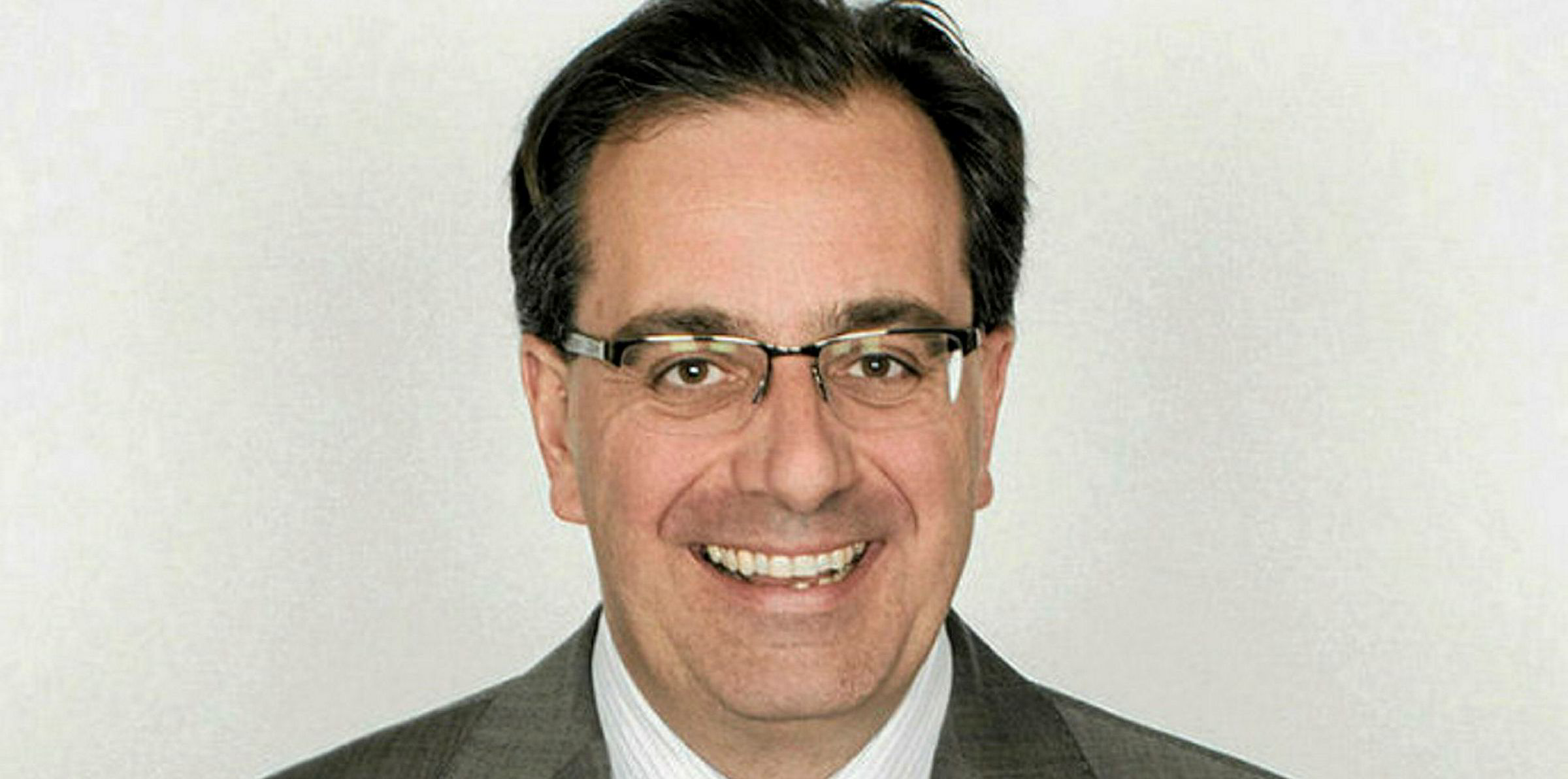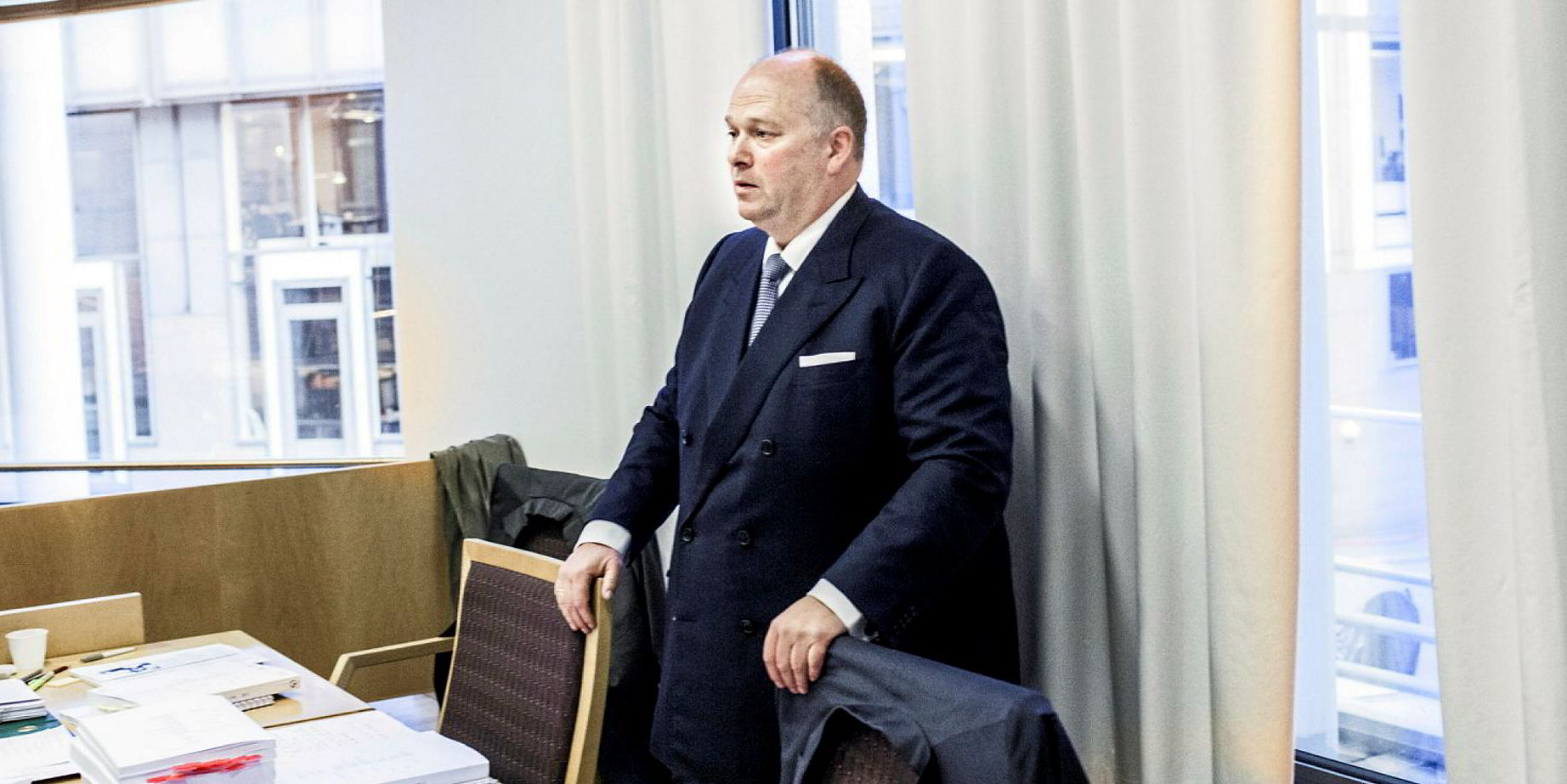Swiss trader and shipowner Trafigura Group has returned to the bond market at a "near-perfect" time, the company said on Thursday.
The chartering giant sold a $400m issue maturing in five years.
The bonds were priced at 5.875%, 50 basis points tighter than the initial price talk, "thanks to very strong support from institutional investors and private banks", the company said.
About 90 different institutions snapped up the bonds across Asia and Europe.
The sale was not available to US companies, however.
"The significant over-subscription of more than two times enabled the company to upsize the transaction to $400m whilst significantly tightening pricing," the group said.
Proceeds will be used for general corporate purposes.
The Oslo bond market has also been running hot in recent weeks, with shipping companies like Color Group, Navigator Holdings, Bonheur, Klaveness Combination Carriers and Wallenius Wilhelmsen adding to their liquidity there.
Timing was right
Trafigura's chief financial officer Christophe Salmon said: "We’re delighted to have successfully returned to the international debt capital markets with this tightly priced transaction.
"We were fortunate enough to be able to take advantage of a near-perfect time window to raise the new bond."
Trafigura last sold bonds in May 2019, raising CNY $540m ($78m) in the Chinese "panda bond" market.
The tranche was placed in the interbank market with a three-year maturity.
In 2018, the company sold a CNY 700m panda bond to bring its fundraising that year to $3.15bn.
Salmon added: "Being an unrated issuer, we particularly appreciate the effort that our investors deploy to understand the intricacies of our industry, business model and financial policy.
"Moreover, we’re very pleased that our investor base continues to expand amidst sustained interest for the commodities trading sector. We’ve continued to demonstrate the resilience of our business model during these unprecedented times."
Joint bookrunners on the transaction were Citi, Credit Suisse, ING and Standard Chartered Bank, which also acted as the global coordinator.






